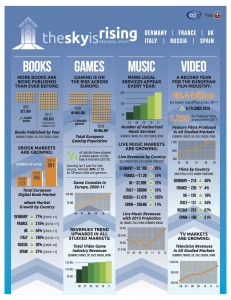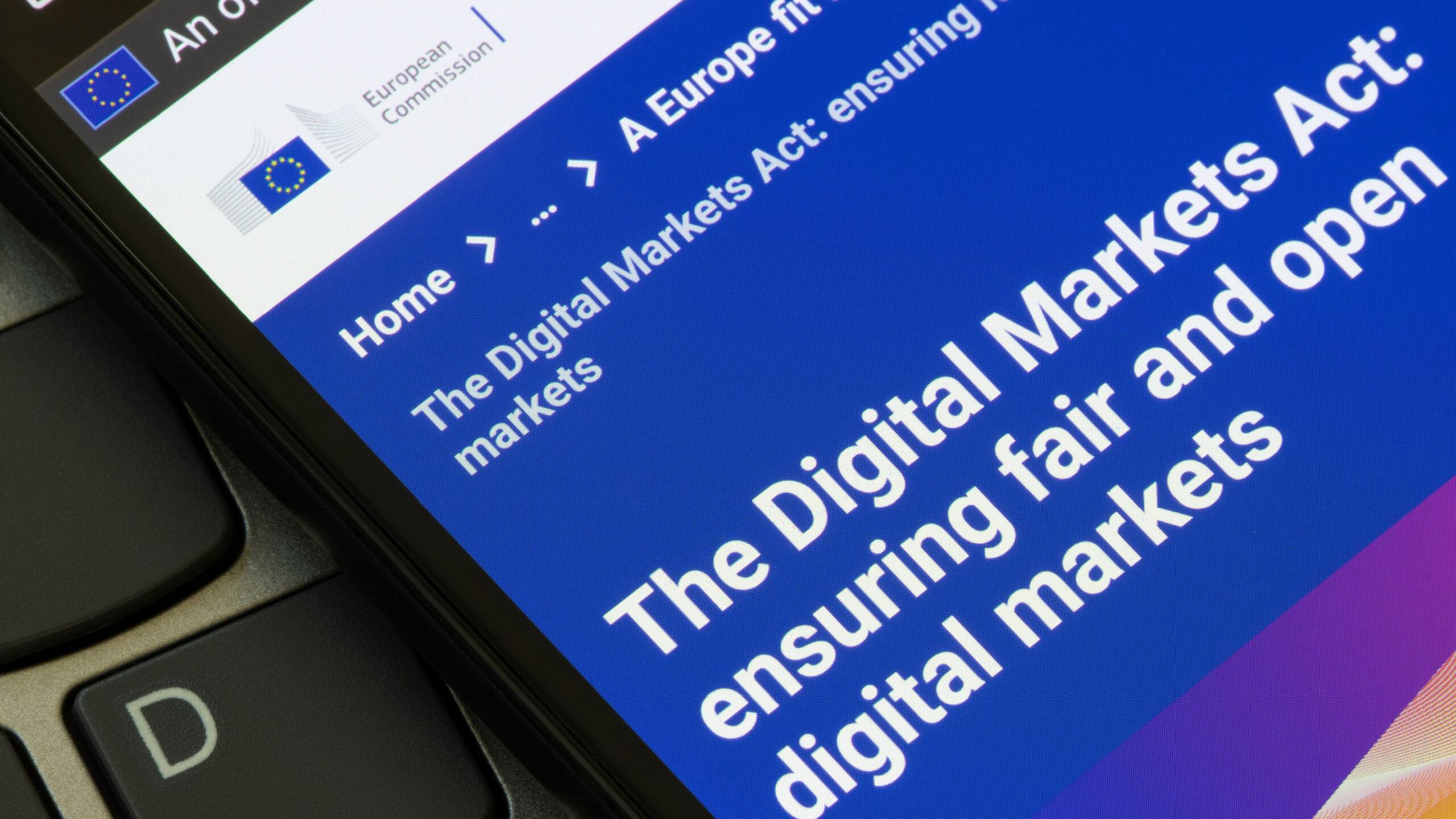The Sky is Rising in Europe, Russia
In advance of the MIDEM conference, the second “Sky is Rising” report arrives. Focusing on five European states and Russia, the report tells a story not often heard about content industries in those markets: things are looking up.

The initial Sky is Rising report yielded similar results for U.S. industries, finding that household spending on entertainment has increased in the same period as the Internet boom – undermining the widely repeated myth that instead of buying, Internet users were simply downloading everything for free. Today’s results tell a similarly compelling story regarding European industries, showing that the advent of the Internet era has coincided with impressive growth in market size and revenues for ebooks, games, music and film.
Curiously, this kind of data does not often come to light in debates over policies proposals such as the Stop Online Piracy Act (SOPA) and the Anti-Counterfeiting Trade Agreement (ACTA). In these debates, extreme policy proposals need to be substantiated with extreme scenarios, and thus policymakers hear that “the sky is falling.” Indeed, the sky has to be falling, since one can’t propose desperate measures if the times aren’t desperate. This is a manifestation of the loser’s paradox, which we’ve discussed here at DisCo before: since losers receive more attention from the political apparatus than winners, it is important to claim injury in order to spur radical action.
Except the story isn’t as clear-cut as some might imply. Content industries (among many others) are experiencing a considerable amount of change as markets transition from analog to digital, and from bricks-and-mortar to Internet-driven. Frequently that change produces winners and losers within the industry – every generation has its buggy whip makers. In the Internet era, one group of losers tend to be middlemen. Digitization and online delivery disintermediates many middlemen, and for those middlemen, whose business consists solely of standing between sellers and buyers and taking a cut, the future may be bleak. But cutting out middlemen and enabling producers to directly reach buyers increases total welfare, welfare gains evidenced by today’s favorable data.








